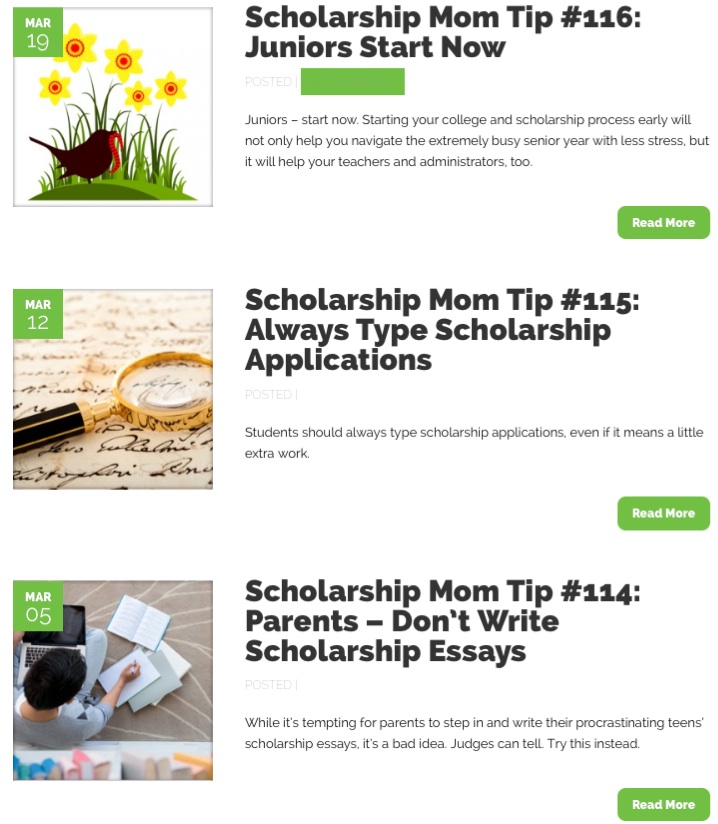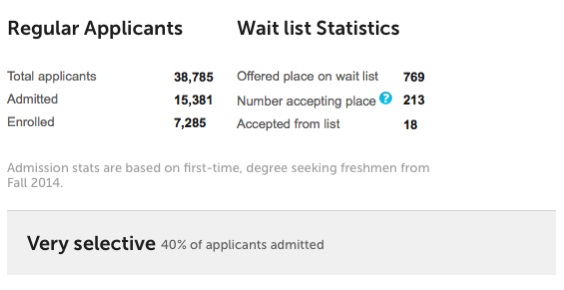 Third-year Phillips Academy Andover high school student and author of “The Boarding School Survival Guide” (Peterson’s 2014) Justin Muchnick is seeking submissions to award two $1,000 boarding school scholarships that are available to current or future boarding school students. “The Boarding School Survival Guide” – written by students for students – includes chapters written by current or recently graduated boarding school students from over twenty-five boarding schools across the United States. The book has been well received by student and parent readers who are interested in learning firsthand about the boarding school world from those who have lived it.
Third-year Phillips Academy Andover high school student and author of “The Boarding School Survival Guide” (Peterson’s 2014) Justin Muchnick is seeking submissions to award two $1,000 boarding school scholarships that are available to current or future boarding school students. “The Boarding School Survival Guide” – written by students for students – includes chapters written by current or recently graduated boarding school students from over twenty-five boarding schools across the United States. The book has been well received by student and parent readers who are interested in learning firsthand about the boarding school world from those who have lived it.
Muchnick has learned from experience that attending boarding school is not only a privilege, but also a financial burden on many families with children seeking a residential academic high school. Muchnick says, “Not only is boarding school tuition comparable to attending a private college, but factor in travel expenses, hotels, car rentals, books, and so on, and even with financial aid and scholarships, the endeavor can cost a lot. I wanted to offer my help in some way, so I am awarding two $1,000 scholarships to pay it forward.” Full details of the scholarship can be found here under the “Scholarship” tab.
Scholarship Contest Submission Guidelines
Prompt: Please write an essay of about 500 words offering your thoughts on why you want to attend boarding school (your reasons, desires, discoveries, etc.). Also, please address why this scholarship will be helpful to you in your boarding school process and journey or why you feel that you are a worthwhile recipient. Feel free to share personal anecdotes, too.
Please email your submission with the subject heading “Scholarship” to Justin Muchnick at: boardingschoolsurvival@gmail.com
Deadline: June 30, 2015. Winners will be announced and contacted during the summer of 2015 to receive your scholarship award. The scholarship will be paid directly to your boarding school (or future boarding school) to be earmarked to defray the cost of tuition. All submissions become the property of Justin Muchnick, and any portion of your submission may be published in the future in a book by Justin Muchnick or in any media outlet when announcing the prize winners.
For more information,










 Nickelodeon and the Get Schooled Foundation have teamed up to find the next generation of animation storytellers by offering a young animators $25,000 scholarship. Together they are inviting animators aged 17 to 24 to submit an animated short in any format for the chance to win a $25,000 scholarship.
Nickelodeon and the Get Schooled Foundation have teamed up to find the next generation of animation storytellers by offering a young animators $25,000 scholarship. Together they are inviting animators aged 17 to 24 to submit an animated short in any format for the chance to win a $25,000 scholarship.